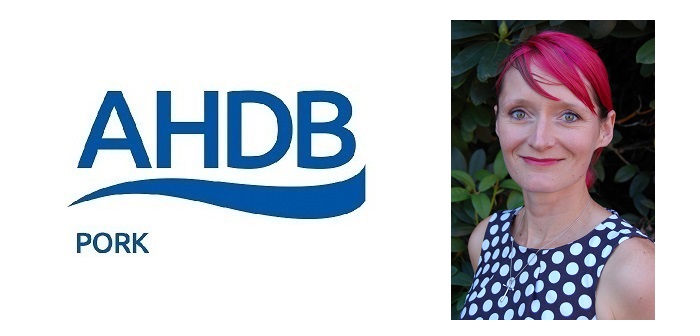Many producers are currently failing to take advantage of freely available stock health data and, as a result, might be inadvertently wasting valuable time and money treating conditions “in the dark”, according to AHDB Pork.
The organisation’s message to those who remain largely “uninformed” about the level of subclinical diseases and pathogen challenges facing their stock, is to stop underestimating the value of abattoir feedback.
“Some producers may have the mantra that what they don’t see won’t hurt them, but this isn’t the case as subclinical diseases are prevalent on many farms and can have a big impact on both a unit’s physical and financial performance,” said AHDB Pork food safety project manager, Emma Bailey-Beech (pictured above).
Pointing out that subclinical diseases present a challenge because there are no visible signs that an infection is present, Ms Bailey-Beech challenged producers to take advantage of the data currently available under the British Pig Health Scheme (BPHS).
“The scheme screens pigs at slaughter for incidence and severity of animal disease on member farms and I’d urge producers to make use of this service and analyse their herds’ post-mortem data,” she said.
Although BPHS is set to be phased out from March 2017, of course, producers will then be able to receive similar reports based on Collection and Communication of Inspection Results (CCIR) from the Food Standards Agency (FSA) meat inspectors in the abattoir.
For the moment, however, AHDB Pork holds BPHS health data for thousands of pigs that have been sent to the 12 abattoirs being assessed. Nevertheless, according to the organisation’s health co-ordinator, Cheryl Barker, “many producers” are not currently taking advantage of the available information.
“We can only share data with producers who are signed up to the scheme,” said Ms Barker. “For this reason, I’d encourage anyone who isn’t signed up to BPHS, to do so now, furnishing themselves with accurate baseline information regarding their herd health, and getting ready for the new CCIR system when it arrives.”




